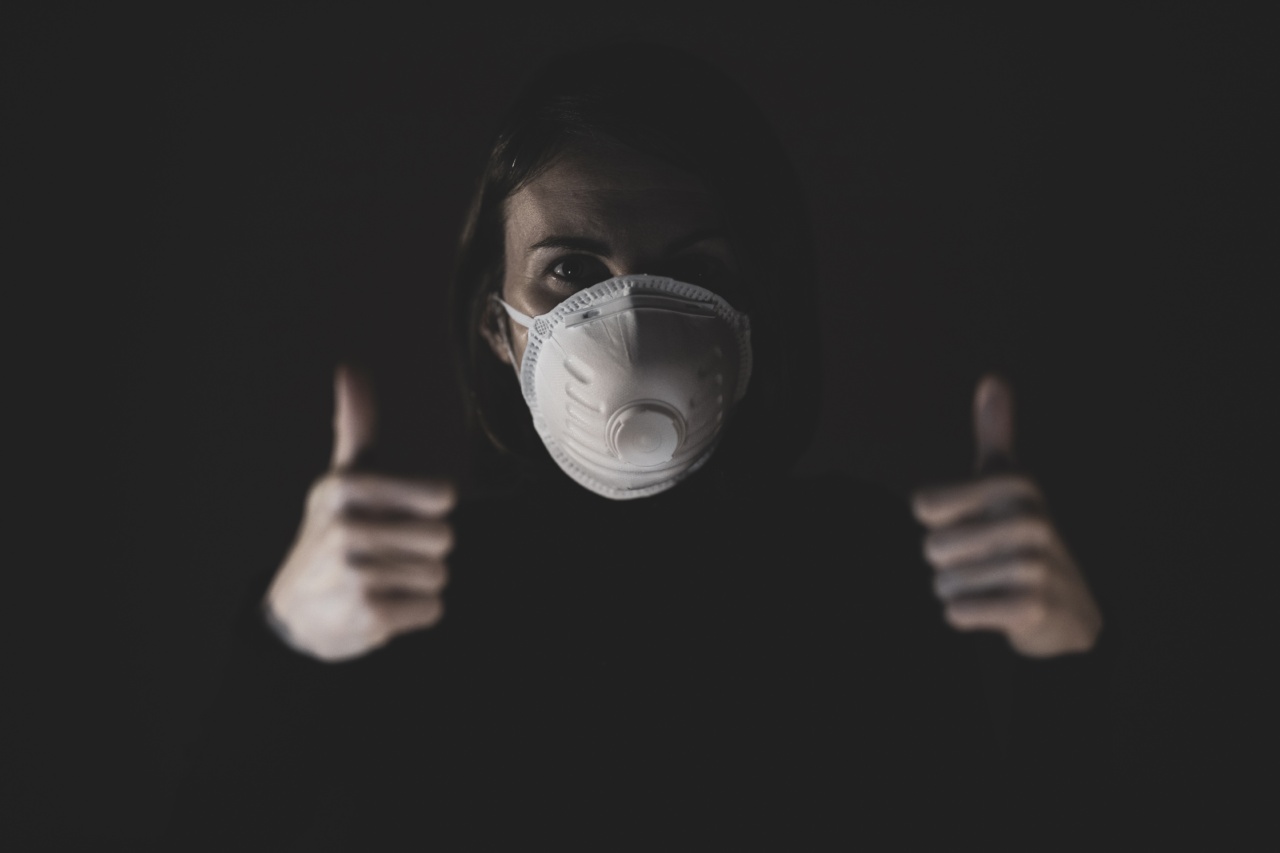Cancer is a menacing disease that affects millions of people worldwide every year. According to the World Health Organization, cancer is the second leading cause of death globally.
Some cancers are more deadly than others, and prevention is always better than cure. Therefore, it’s important to know which cancers are the most fatal and to know what you can do to protect yourself. Here are five deadly cancers and how to stay healthy.
Lung Cancer
Lung cancer is the deadliest cancer, and is responsible for almost 20% of all cancer-related deaths. The primary cause of lung cancer is smoking cigarettes.
If you smoke, quit smoking immediately, as this is the most important thing you can do to reduce your risk of developing lung cancer.
If you don’t smoke, there are other things you can do to reduce your risk. Avoid exposure to secondhand smoke, radon, and air pollution. If your occupation requires you to work with chemicals, wear protective equipment to minimize your exposure.
Colorectal Cancer
Colorectal cancer is the third most common cancer worldwide, and the second deadliest. Screening for this cancer is recommended starting at age 50.
Symptoms may include changes in bowel habits, blood in the stool, abdominal pain and discomfort, and unexplained weight loss. If you experience any of these symptoms, see your doctor immediately.
To reduce your risk of developing colorectal cancer, eat a diet rich in fruits, vegetables, and whole grains, exercise regularly, quit smoking, and limit your intake of red and processed meats.
Breast Cancer
Breast cancer is the second most common cancer in women, and the fifth deadliest cancer. While breast cancer is more common in women, men can also develop it. Screening for breast cancer is recommended for women starting at age 40.
To reduce your risk of developing breast cancer, maintain a healthy weight, exercise regularly, limit alcohol consumption, avoid exposure to pesticides and chemicals, and consider breastfeeding your baby.
Prostate Cancer
Prostate cancer is the second most common cancer in men, and the sixth deadliest cancer. Screening for prostate cancer is recommended starting at age 50, or earlier if there is a family history.
Symptoms may include difficulty urinating, blood in the urine or semen, or pain in the pelvis or lower back.
To reduce your risk of developing prostate cancer, maintain a healthy weight, exercise regularly, eat a diet rich in fruits, vegetables, and whole grains, and avoid exposure to certain chemicals.
Pancreatic Cancer
Pancreatic cancer is one of the deadliest cancers, with a survival rate of only 9%. Symptoms may include abdominal pain, jaundice, weight loss, and fatigue.
Unfortunately, pancreatic cancer usually isn’t diagnosed until it has spread to other parts of the body.
To reduce your risk of developing pancreatic cancer, maintain a healthy weight, don’t smoke, avoid exposure to certain chemicals, and limit your intake of alcohol.
Conclusion
While cancer is a devastating disease, there are things you can do to reduce your risk.
By maintaining a healthy lifestyle, being aware of your family history, and getting regular screenings, you can help catch cancer early and increase your chances of survival.































